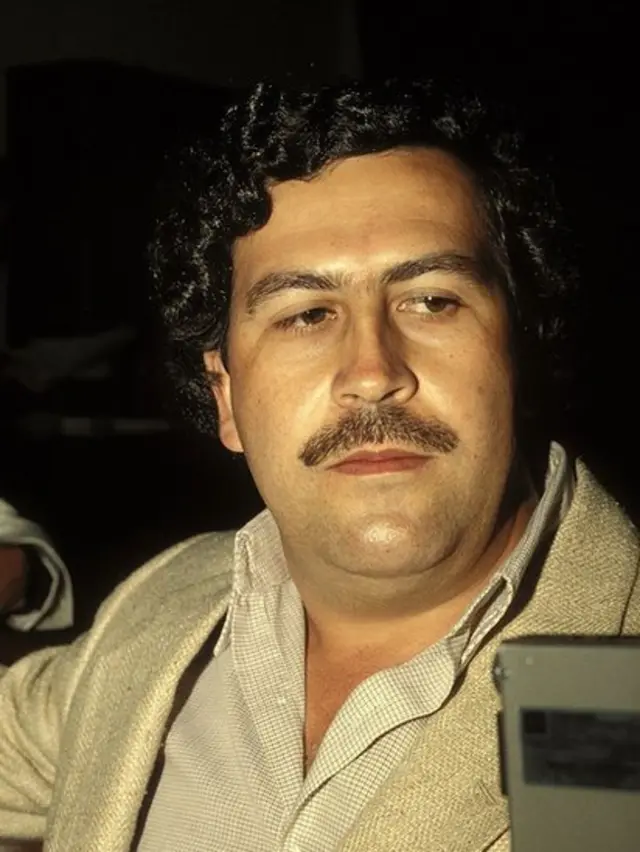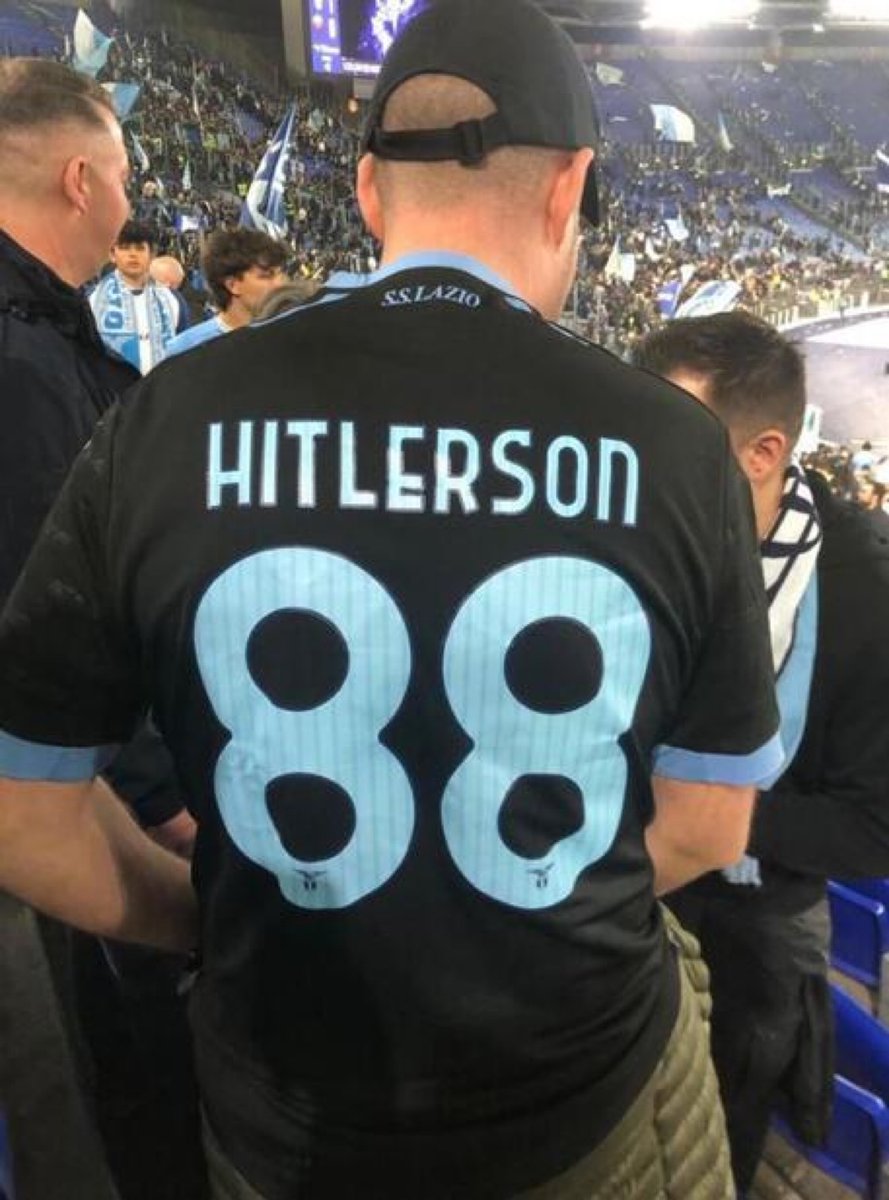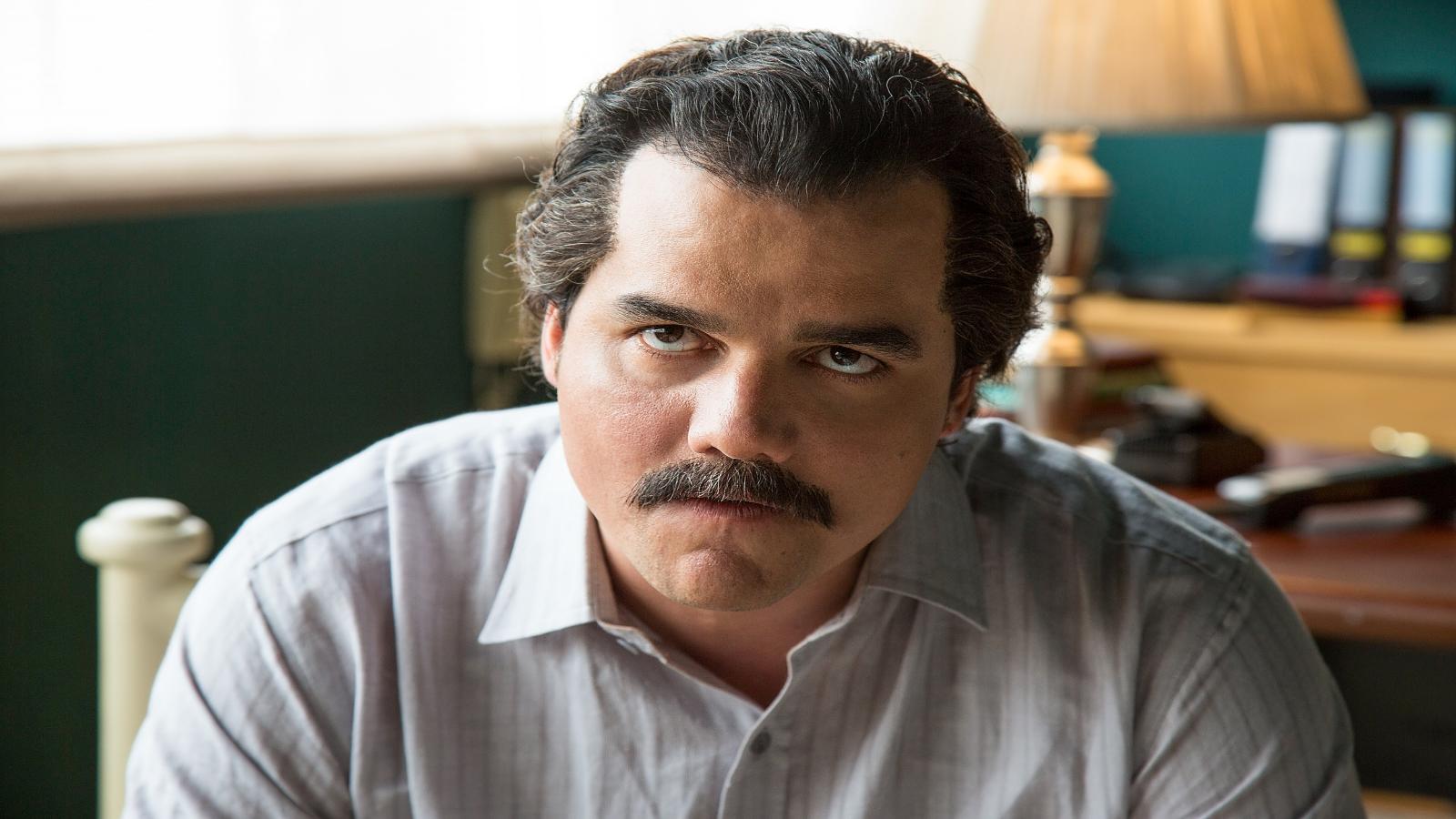Pablo Escobar's connection to the White House remains one of the most controversial topics in modern history. The notorious drug lord's influence reached far beyond Colombia's borders, impacting global politics and even touching the highest levels of American government. This article delves into the intricate relationship between Escobar's Medellín Cartel and the White House, exploring how his criminal empire managed to penetrate powerful political circles.
Pablo Escobar's reign of terror during the late 20th century left an indelible mark on global history. His rise from humble beginnings to becoming the wealthiest and most powerful drug trafficker in the world remains a fascinating yet disturbing tale. This article examines how Escobar's influence extended into the corridors of power in Washington D.C., particularly during the 1980s when his cartel was at its peak.
Through extensive research and analysis of historical documents, this article explores the alleged connections between Pablo Escobar's criminal empire and influential political figures, including those within the White House. By examining both verified facts and widely debated theories, we aim to provide a comprehensive understanding of how one of history's most notorious criminals managed to manipulate international politics.
Read also:Pili Hunters Shark Tank The Journey Of A Unique Snack Brand
Table of Contents
- Pablo Escobar's Biography
- The Rise to Power
- The Medellín Cartel
- Escobar's Alleged White House Connection
- Political Influence and Corruption
- The War on Drugs
- Controversies Surrounding the White House
- Escobar's Lasting Legacy
- Lessons Learned from Escobar's Era
- Conclusion
Pablo Escobar's Biography
Early Life and Background
Pablo Emilio Escobar Gaviria was born on December 1, 1949, in Rionegro, Colombia. Raised in a modest family, Escobar's early life was marked by poverty and struggle. Despite these challenges, he demonstrated an entrepreneurial spirit from a young age, engaging in various illegal activities to support his family. Below is a detailed overview of his personal life:
| Full Name | Pablo Emilio Escobar Gaviria |
|---|---|
| Date of Birth | December 1, 1949 |
| Place of Birth | Rionegro, Colombia |
| Family | Parents: Abel de Jesús Dari Escobar Echeverri (father) and Hemilda Gaviria (mother) |
| Children | Juan Pablo Escobar and Manuela Escobar |
The Rise to Power
Pablo Escobar's ascent to power began in the 1970s when he transitioned from small-time criminal activities to drug trafficking. His strategic mind and ruthless tactics quickly established him as a formidable player in the cocaine trade. By the early 1980s, Escobar had become the leader of the Medellín Cartel, controlling an estimated 80% of the global cocaine market.
Key Strategies for Expansion
- Establishing smuggling routes through Central America and the United States.
- Forming alliances with corrupt officials in both Colombia and neighboring countries.
- Investing in sophisticated transportation methods, including planes and submarines.
The Medellín Cartel
The Medellín Cartel, led by Pablo Escobar, became the most powerful drug trafficking organization in history. At its peak, the cartel generated billions of dollars annually, making Escobar one of the wealthiest individuals in the world. The cartel's operations extended across multiple continents, with a significant focus on the American market.
Structure of the Cartel
The cartel was structured like a corporation, with Escobar acting as the CEO. Key figures within the organization included:
- Gustavo Gaviria Rivero – Escobar's cousin and right-hand man.
- Rodrigo Lara Bonilla – Initially a rival, later coerced into cooperation.
- Carlos Lehder – Responsible for international logistics.
Escobar's Alleged White House Connection
One of the most debated aspects of Pablo Escobar's career is his alleged connection to the White House. During the 1980s, the Medellín Cartel reportedly bribed numerous high-ranking officials in both Colombia and the United States. While direct evidence remains scarce, several investigations have uncovered links between Escobar's operations and influential political figures.
Evidence and Allegations
Documents released through Freedom of Information Act requests suggest that Escobar's cartel may have infiltrated political circles in Washington D.C. Key points include:
Read also:Jensen Huangs Daughter A Glimpse Into The Life Of A Tech Moguls Family
- Testimonies from former cartel members alleging payments to American officials.
- Investigations into money laundering activities involving U.S. banks.
- Connections between cartel operatives and political campaigns during the 1980s.
Political Influence and Corruption
Escobar's ability to exert influence over political systems was one of his defining traits. Through a combination of bribery, intimidation, and strategic alliances, he managed to manipulate governments at various levels. This section explores how Escobar's influence extended into national and international politics.
Impact on Colombian Politics
In Colombia, Escobar's influence was particularly pronounced. He reportedly funded political campaigns, assassinated opponents, and coerced officials into cooperating with his cartel. This period of political instability became known as the "Narco-terrorist era," characterized by widespread violence and corruption.
The War on Drugs
The United States' War on Drugs, initiated in the 1980s, was largely a response to Escobar's growing influence. This campaign involved unprecedented cooperation between American and Colombian authorities, resulting in numerous arrests and seizures. Despite these efforts, Escobar's cartel continued to thrive for several years.
Key Operations Against the Cartel
Some of the most significant operations targeting Escobar's cartel included:
- Operation Gavilán: A joint Colombian-American operation targeting cartel finances.
- Operation Pegasus: An undercover sting operation involving U.S. law enforcement.
- The Siege of Hacienda Nápoles: A massive raid on Escobar's luxury estate.
Controversies Surrounding the White House
Several controversies have emerged over the years regarding the White House's alleged involvement with Pablo Escobar's cartel. While many of these claims remain speculative, they highlight the complex relationship between drug trafficking and international politics.
Notable Investigations
Key investigations into these allegations include:
- The Iran-Contra Affair: Allegations of drug money funding covert operations.
- The BCCI Scandal: Involvement of a major international bank in money laundering.
- Congressional Hearings: Testimonies from former officials implicating high-level corruption.
Escobar's Lasting Legacy
Pablo Escobar's legacy continues to influence global politics and popular culture. His life and crimes have been the subject of numerous books, documentaries, and television series. Beyond the sensationalism, however, lies a sobering reminder of the dangers posed by organized crime and its intersection with political power.
Lessons from Escobar's Era
The story of Pablo Escobar offers several important lessons:
- The need for comprehensive strategies to combat organized crime.
- The importance of transparency and accountability in government.
- The dangers of allowing corruption to go unchecked.
Lessons Learned from Escobar's Era
From a historical perspective, Escobar's reign serves as a cautionary tale about the intersection of crime and politics. By examining the successes and failures of efforts to dismantle his cartel, we can better understand how to address similar threats in the future. This section explores practical lessons learned from Escobar's era.
Key Takeaways
- Strengthening international cooperation to combat transnational crime.
- Implementing stricter regulations on financial institutions to prevent money laundering.
- Addressing the root causes of drug addiction and trafficking through education and rehabilitation programs.
Conclusion
Pablo Escobar's connection to the White House remains one of the most intriguing chapters in modern history. Through a combination of brute force and political manipulation, Escobar managed to build an empire that challenged even the most powerful governments. While much remains unknown about the full extent of his influence, the evidence suggests that his reach extended far beyond Colombia's borders.
We invite readers to explore further resources on this topic and share their thoughts in the comments section below. Additionally, please consider sharing this article with others who may be interested in learning more about Pablo Escobar's impact on global politics. Together, we can continue to uncover the truths behind one of history's most fascinating and troubling figures.


